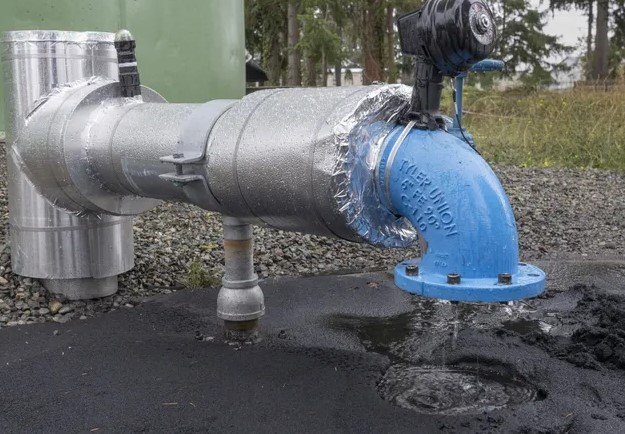In an unprecedented move, Washington has announced the adoption of stringent federal standards to combat the pervasive issue of ‘forever chemicals’ in drinking water. This decision marks a significant shift towards safeguarding public health and preserving environmental integrity.
The Invisible Threat
Per- and polyfluoroalkyl substances, commonly known as PFAS, have long been a silent infiltrator in our water systems. These chemicals, utilized in various industrial and consumer products, are notorious for their resilience against natural degradation. The moniker ‘forever chemicals’ aptly describes their persistent nature, as they linger in the environment and accumulate in human tissue over time. The health implications are dire, with studies linking PFAS exposure to a host of medical concerns, including cancer, liver damage, and developmental issues in children.

The recent federal ruling targets these insidious contaminants, setting a maximum allowable level in drinking water that is significantly lower than previous benchmarks. This regulatory leap stems from a growing body of scientific evidence underscoring the toxicity of PFAS, even at minuscule concentrations. The move is poised to recalibrate the safety standards for nearly 200 million Americans potentially exposed to these chemicals through their taps.
A Costly Clean-Up
The road to a PFAS-free future is fraught with financial and logistical challenges. In Washington alone, over a thousand water systems have detected PFAS levels surpassing the state’s action thresholds. Remediation efforts are estimated to run into the hundreds of millions, a testament to the scale and complexity of eradicating these chemicals from our water supply.
The economic burden, however, pales in comparison to the cost of inaction. The health repercussions of PFAS contamination carry their own hefty price tag, both in terms of human suffering and healthcare expenses. By enforcing these new limits, Washington is not only taking a stand against ‘forever chemicals’ but also making a long-term investment in the well-being of its residents.
A Ripple Effect
Washington’s decision is more than a local victory; it’s a catalyst for nationwide change. The federal guidelines serve as a benchmark for other states grappling with PFAS pollution, offering a blueprint for action. This regulatory domino effect has the potential to reshape the landscape of water safety across the country, prompting a collective push towards cleaner, healthier water for all.
The implications extend beyond immediate health benefits. By holding manufacturers accountable and prioritizing environmental stewardship, Washington is setting a precedent for responsible governance. It’s a message that resonates with communities everywhere: the right to clean water is non-negotiable.

Comments